
A corner of the Seine River in Paris, France - Photo: AFP
This is the next step in the river restoration campaign ahead of the 2024 Paris Olympics and responds to the global trend of recognizing the rights of nature.
According to Euronews on June 5, Paris Mayor Anne Hidalgo said the City Council has passed a resolution calling on the French National Assembly to enact a law granting legal rights to the Seine River.
Accordingly, an “independent protection agency” could represent the river before the law, similar to a living entity with the right to exist and regenerate.
“From the restoration of this river in 2016 to the historic swimming in the Seine during the Paris Olympics, to improving water quality, we have never stopped working to restore the river to its rightful place,” Ms. Hidalgo wrote on LinkedIn.
The basis for the initiative came from a citizens’ assembly of 50 randomly selected residents. After weeks of discussion and expert consultation, they agreed that the Seine should be recognised as having fundamental rights such as the right to exist, the right to flow and the right to regenerate.
“Recognizing the rights of oceans and rivers is not a symbolic or quixotic legal gesture. It is a necessary political response to the ecological emergency,” Ms. Hidalgo stressed.
According to the proposal, the Seine must be seen as an indivisible ecosystem, in which the preservation of life is the top priority.
In recent years, Paris has spent around 1.4 billion euros to improve the river's water quality, including building large underground tanks to prevent wastewater from flowing directly into the river.
The effort was accelerated ahead of the Paris Olympics, in order to meet the standards for hosting aquatic sports .
Although plans for public swimming in the summer of 2023 had to be postponed due to water quality not meeting E. coli standards, some sporting events still took place.
The city government has confirmed that people will be allowed to swim at three points on the Seine River from July 5, marking a historic milestone after decades of the Seine being considered unswimable.
Although still facing threats from pollution, rising water temperatures and pesticide residues, the river’s ecology has improved markedly. According to the citizens’ assembly, the Seine now has around 40 species of fish, compared to just four in 1970.
How were rivers given legal status?
Around the world, many communities have also campaigned for legal recognition of fragile ecosystems.
A case in point is New Zealand, where the Whanganui River was recognised as a living entity in 2017 – a combination of Western law and indigenous Maori beliefs.
In 2022, Spain granted legal status to the Mar Menor lagoon.
Recently, an Ecuadorian court also declared that the rights of the Machángara River had been violated due to pollution, based on the constitution's recognition of the rights of nature.
Source: https://tuoitre.vn/song-seine-sap-duoc-trao-tu-cach-phap-nhan-huong-cac-quyen-co-ban-20250606123352913.htm


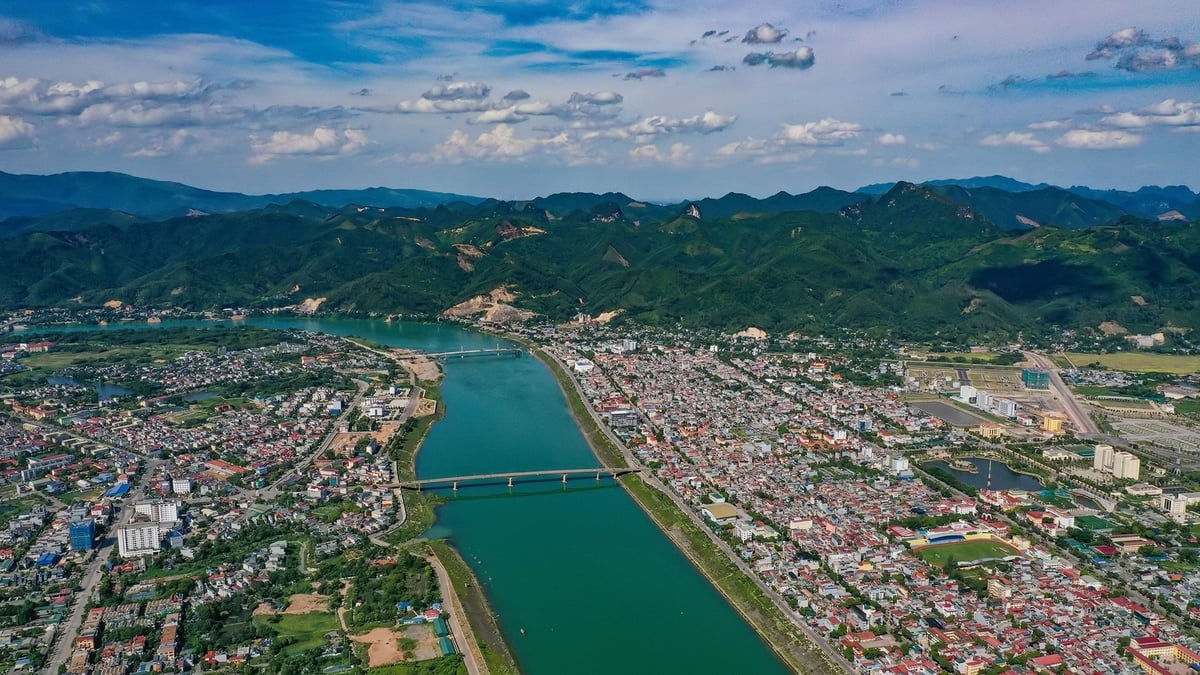

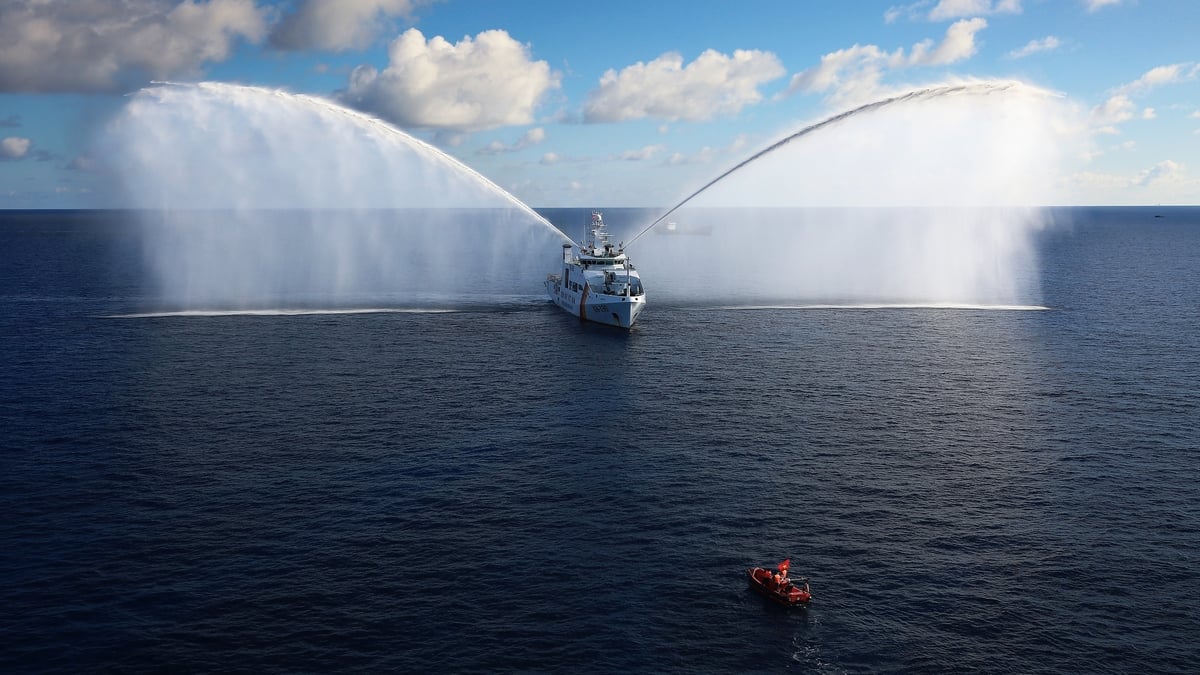





















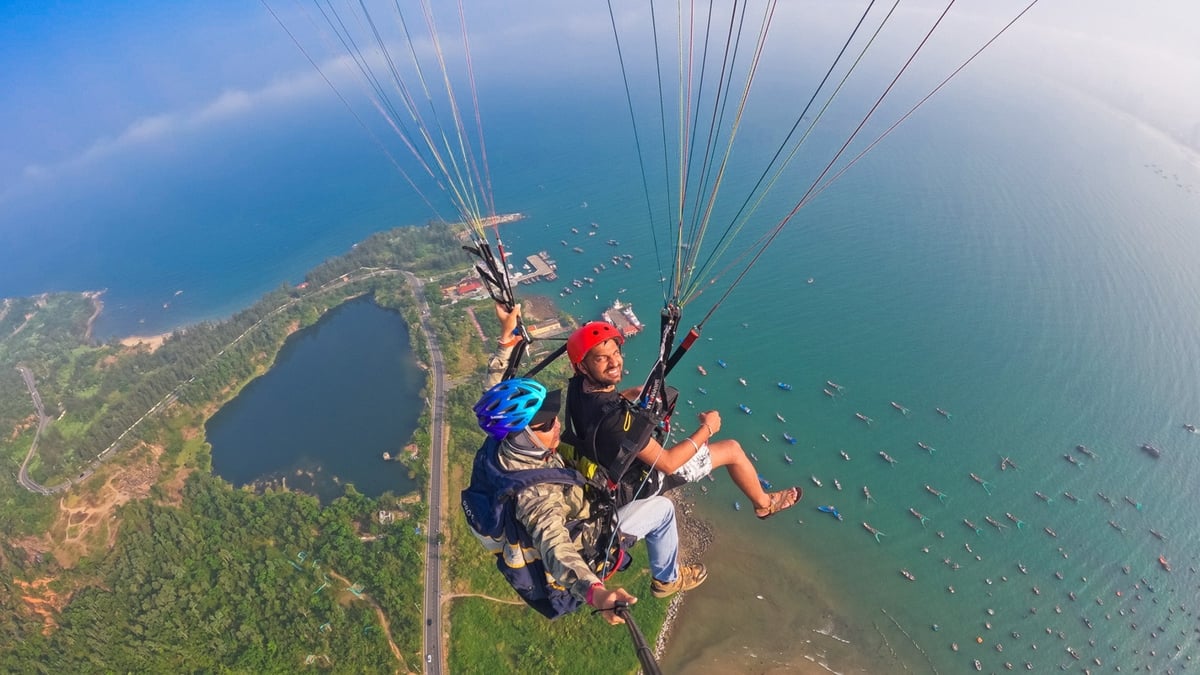









































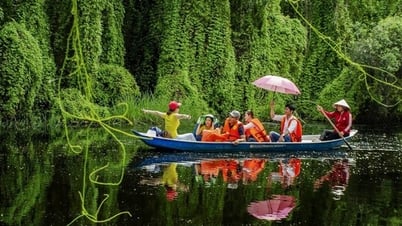
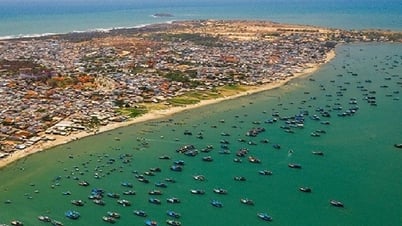






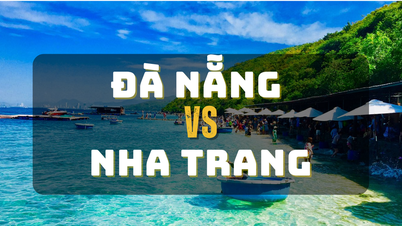















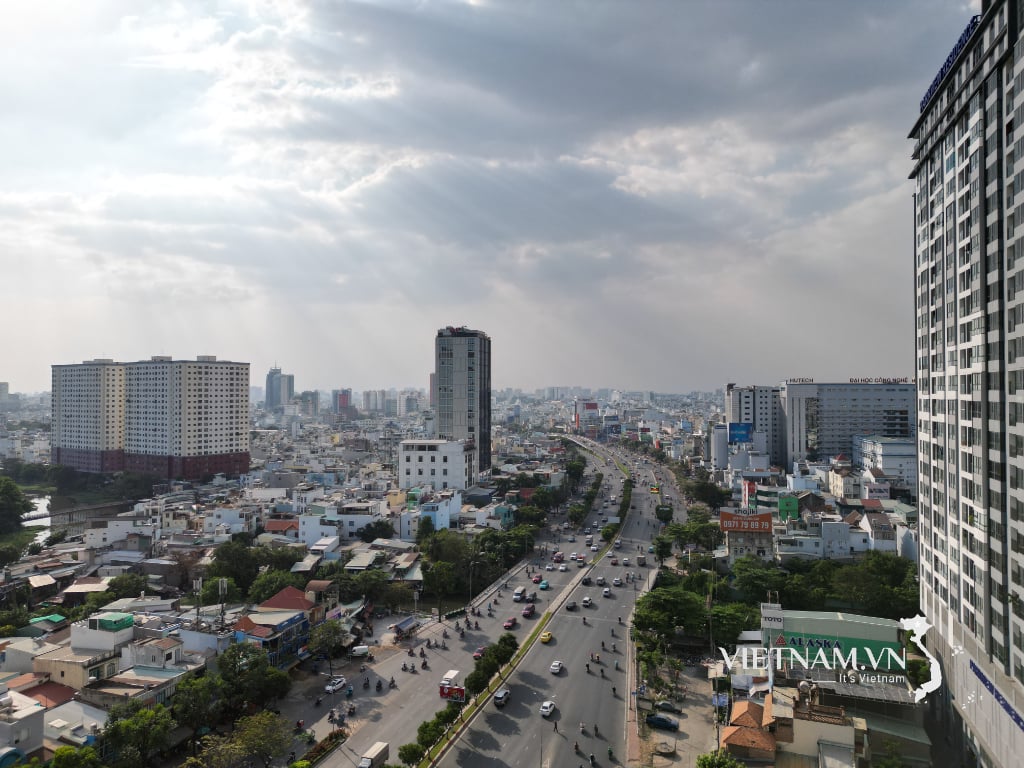


Comment (0)